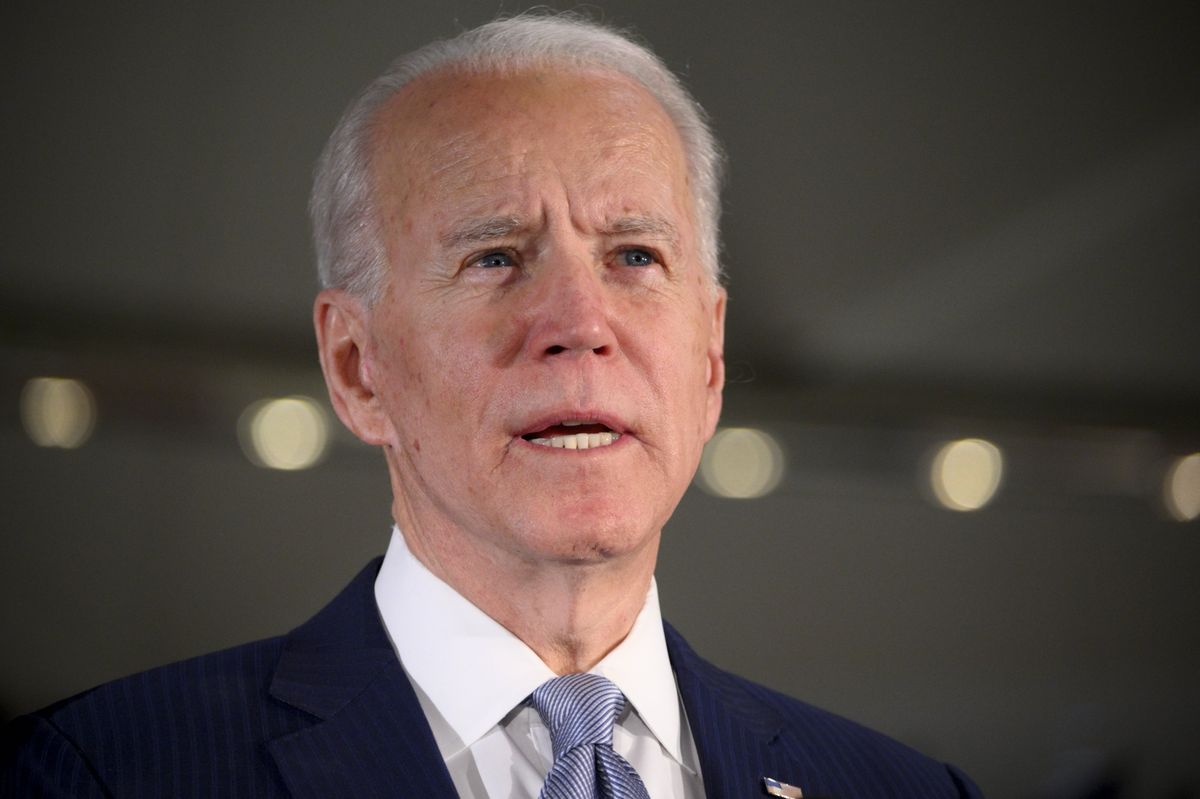Calls to regulate AI are coming fast and furious now — including from industry pioneers themselves — but so far the world’s largest economy isn’t sure how to do it.
At a meeting this week with EU tech regulators, the Biden administration was reportedly “divided” over how strictly to police the emerging technology, as concerns swirl about AI’s potential to supercharge disinformation, learn and amplify human biases, make decisions that harm people in the real world, or use copyrighted materials to develop its own “thoughts.”
Europe, whose strict rules on digital privacy and competition already make it the baddest cop on the global tech beat, is moving toward strict new AI rules. These would force firms to disclose their underlying code and sources and clearly inform users when content has been generated by AI as opposed to human beings.
But Washington – more cautious on tech regulation overall – is still feeling things out. Unlike Europe, the US is home to leading AI firms whose competitiveness is important not only for the economy but, some say, for national security as well. After all, AI isn’t just a field of technology, it’s a battleground of geopolitics pitting Silicon Valley against (mainly) Chinese firms. Washington wants to find a balance that prevents harm without stifling innovation. And both sides will need to find common ground in order to avoid an even higher-stakes rerun of their ongoing spats over digital privacy.
How much should the US clamp down on AI firms? Please tell us what you think here.



















